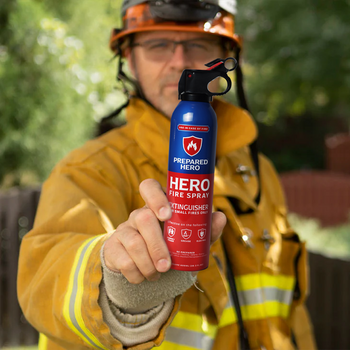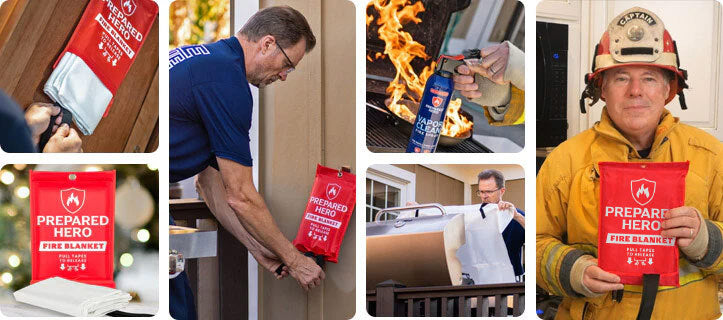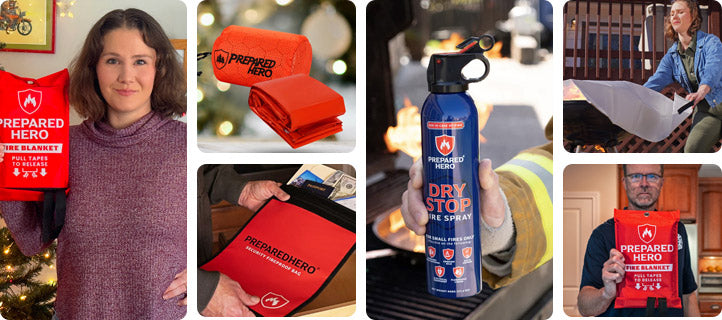A fire alarm panel sets off many actions, which may confuse someone new to it. So, how does it work?...
Did you know? The risk of death in reported home fires is 60% lower in homes with working smoke alarms compared to those without smoke alarms or with malfunctioning ones.
The NFPA (National Fire Protection Association) report also states that approximately three out of five deaths were caused by fires in properties without smoke alarms (41%) or with smoke alarms (16%) that didn’t work.
Given this, smoke alarms are essential in keeping your home safe from deadly fires. But how many smoke alarms do you really need at home? Let’s find out.
How Do Smoke Alarms Help You Stay Safe?
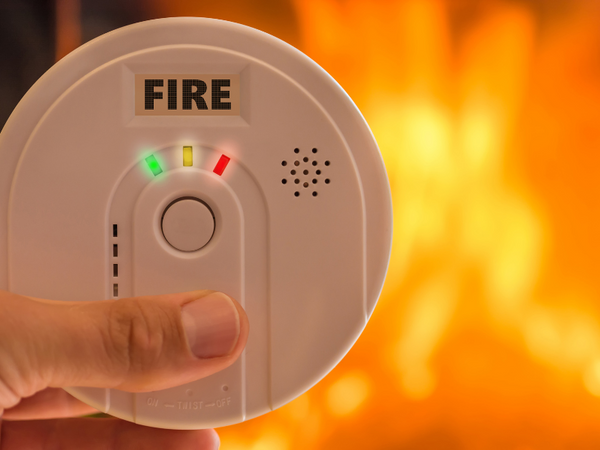
A smoke alarm detects fire in its early stages, even before smoke and flames appear. By alerting you of fire promptly, you have enough time to evacuate your house.
In addition, smoke alarms include sound and visual signals that immediately grab attention. They alert people within the vicinity, letting everyone take proper action during fire emergencies.
Aside from saving lives, smoke alarms help protect your property. Early detection and swift response can limit the spread of fire, reducing damage to property and saving valuables.
Many modern smoke alarms can also be connected to monitoring stations and emergency services. When a fire occurs, these systems automatically alert the authorities, which increases the chances of reducing the fire’s devastating effects.
How Many Smoke Alarms Do You Need?
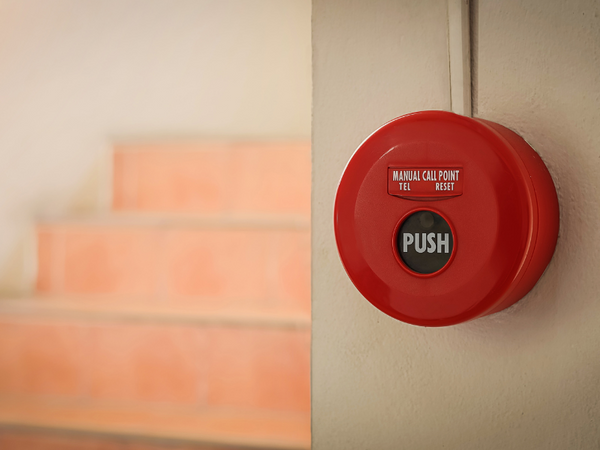
If you’re not sure about how many smoke alarms you need, we’ve got you covered.
While we agree that smoke alarms are crucial, you might be confused about how many you need. Unfortunately, there’s no universal number of smoke alarms you should place inside your house.
You see, the number of smoke alarms you need depends on the size and layout of your house. According to the NFPA, you should have at least one smoke alarm on every floor, including the basement and attic. You should also install one smoke alarm inside each bedroom and outside sleeping areas.
For instance, a two-story house with three bedrooms should have a minimum of seven smoke alarms. If your house has a set number of hardwired smoke alarms, you can add smoke-battery alarms throughout your home. Remember, there’s no such thing as having too many smoke alarms.
While there are many types of smoke alarms, it’s best to use interconnected smoke alarms because when one alarm goes off, the others will, too.
Plus, remember to test your smoke alarms every month using the test buttons. Maintain them according to the manufacturer’s instructions, and don’t hesitate to call a professional when you’re not sure what to do.


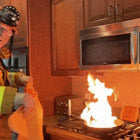 Fire
Fire Safety
Safety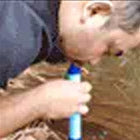 Survival
Survival Protection
Protection New
New
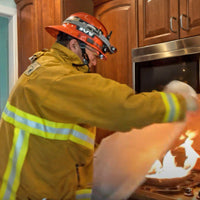 Fire
Fire Safety
Safety Survival
Survival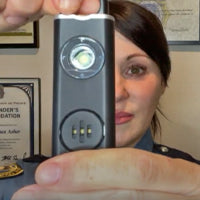 Protection
Protection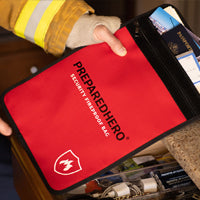 New
New



